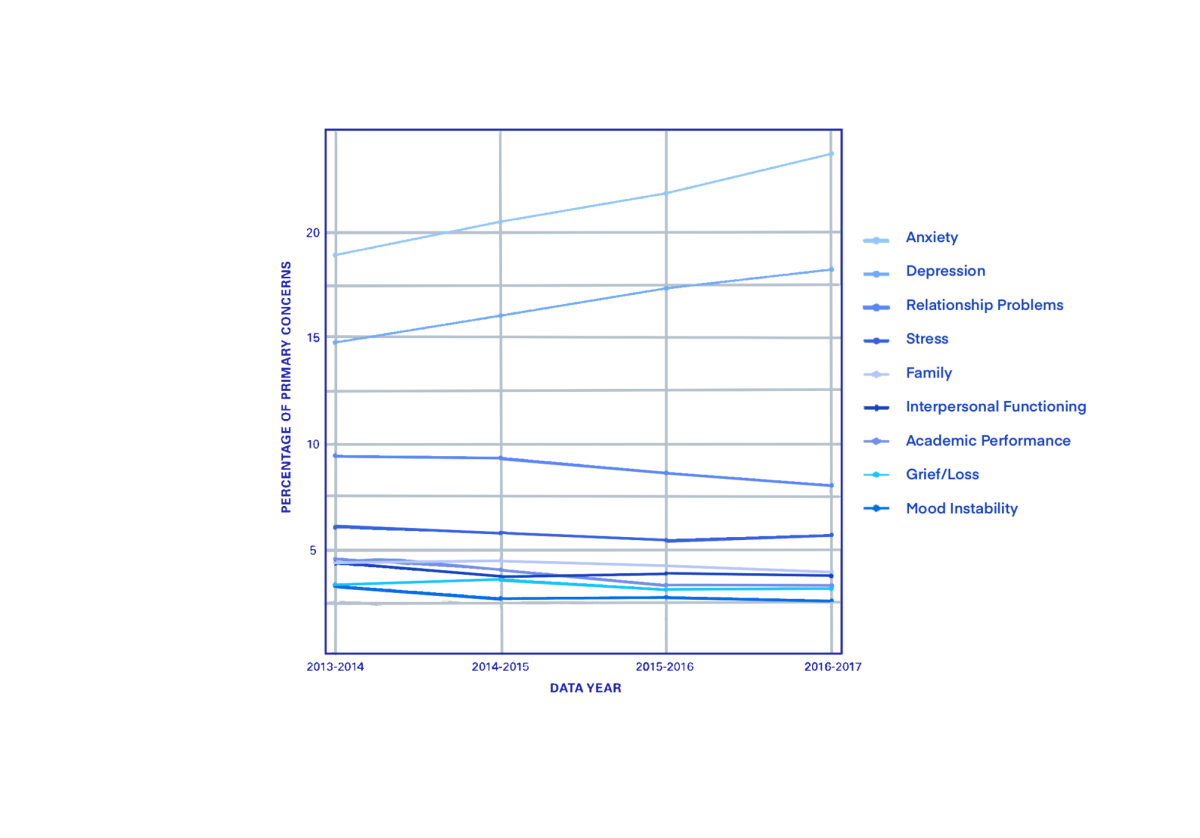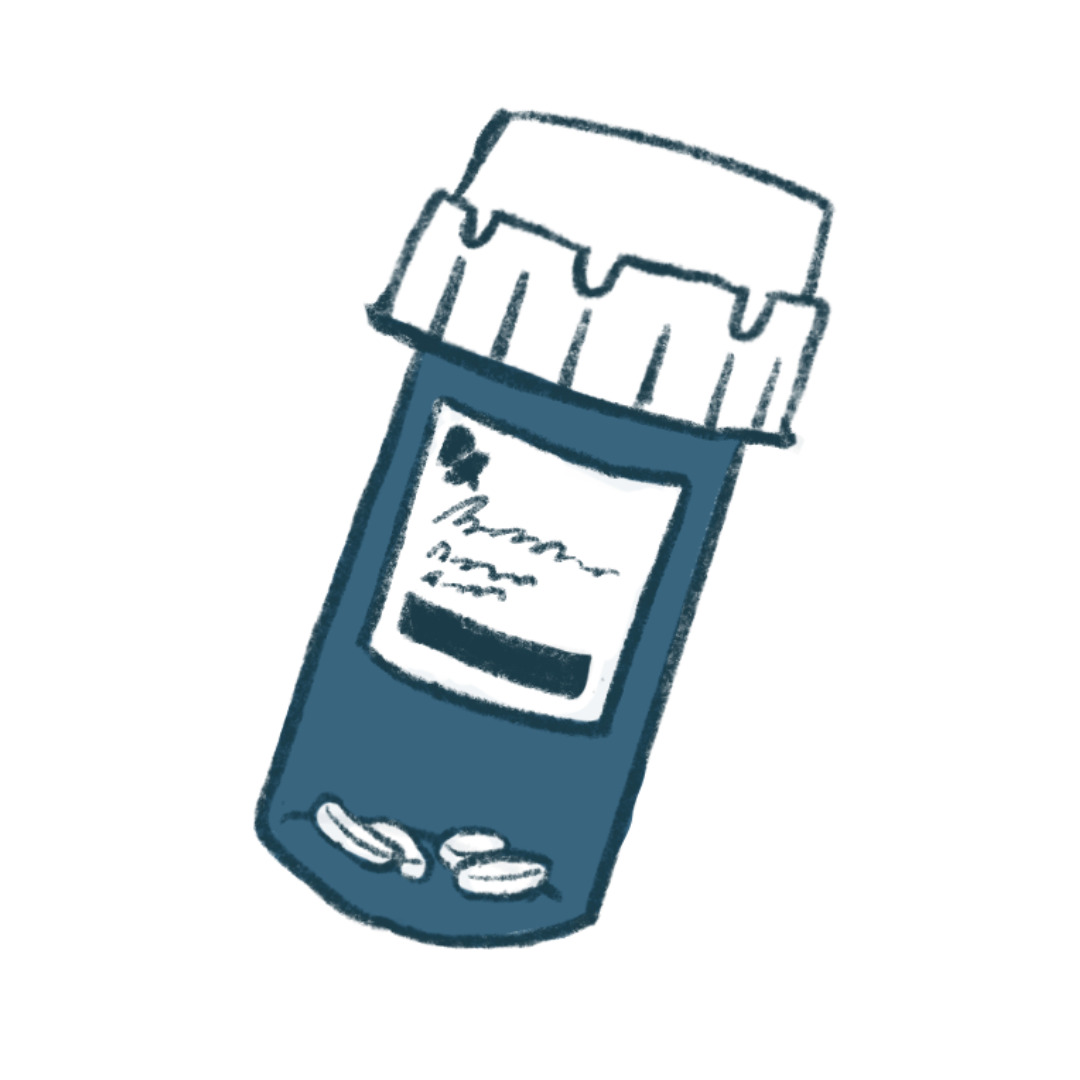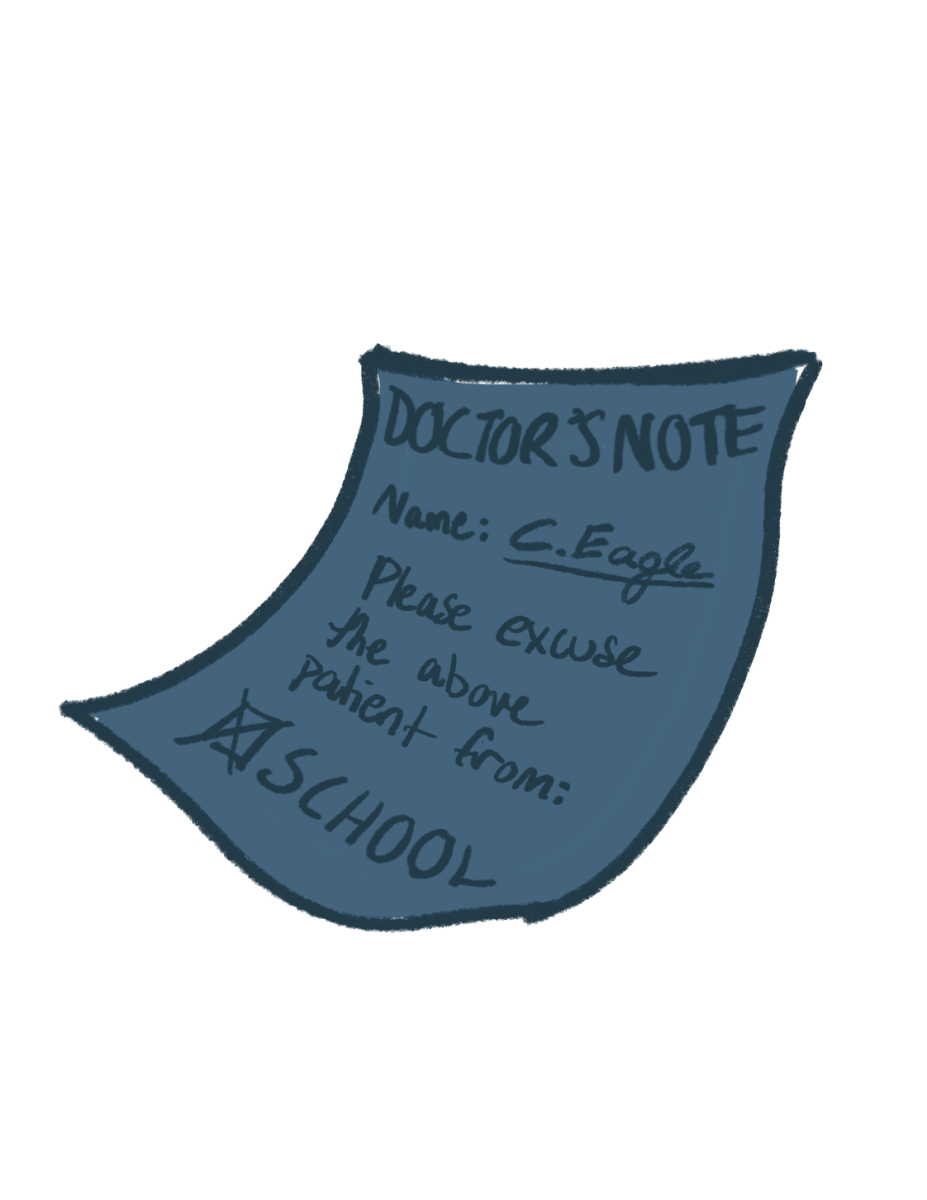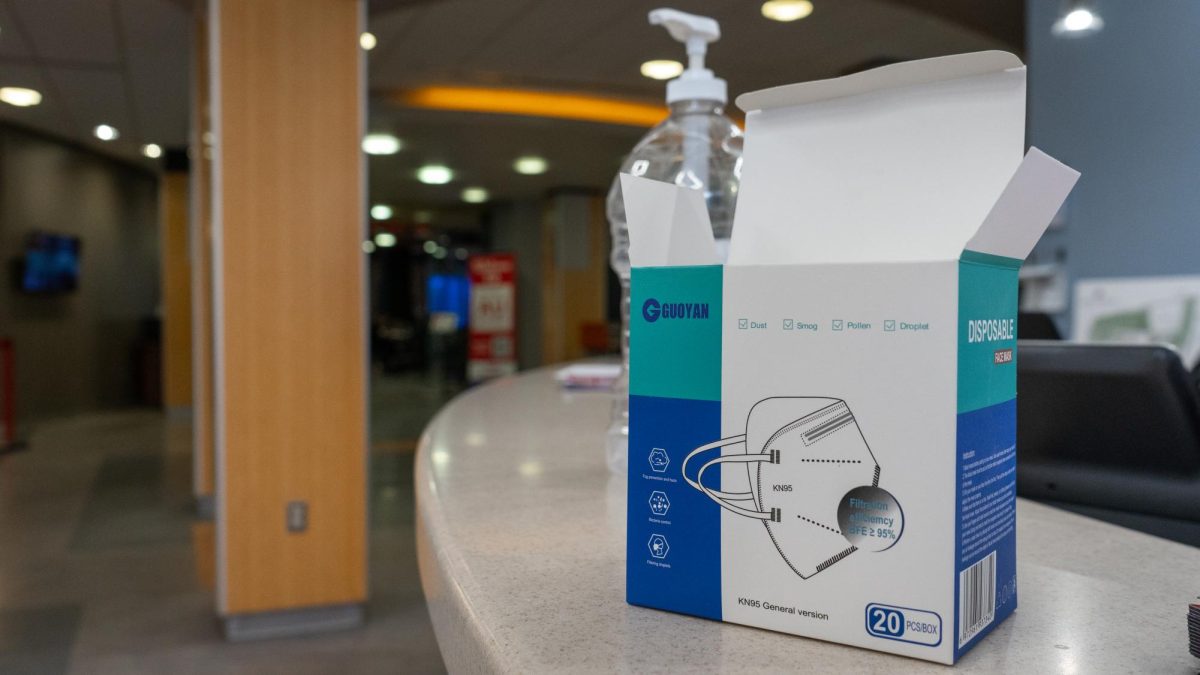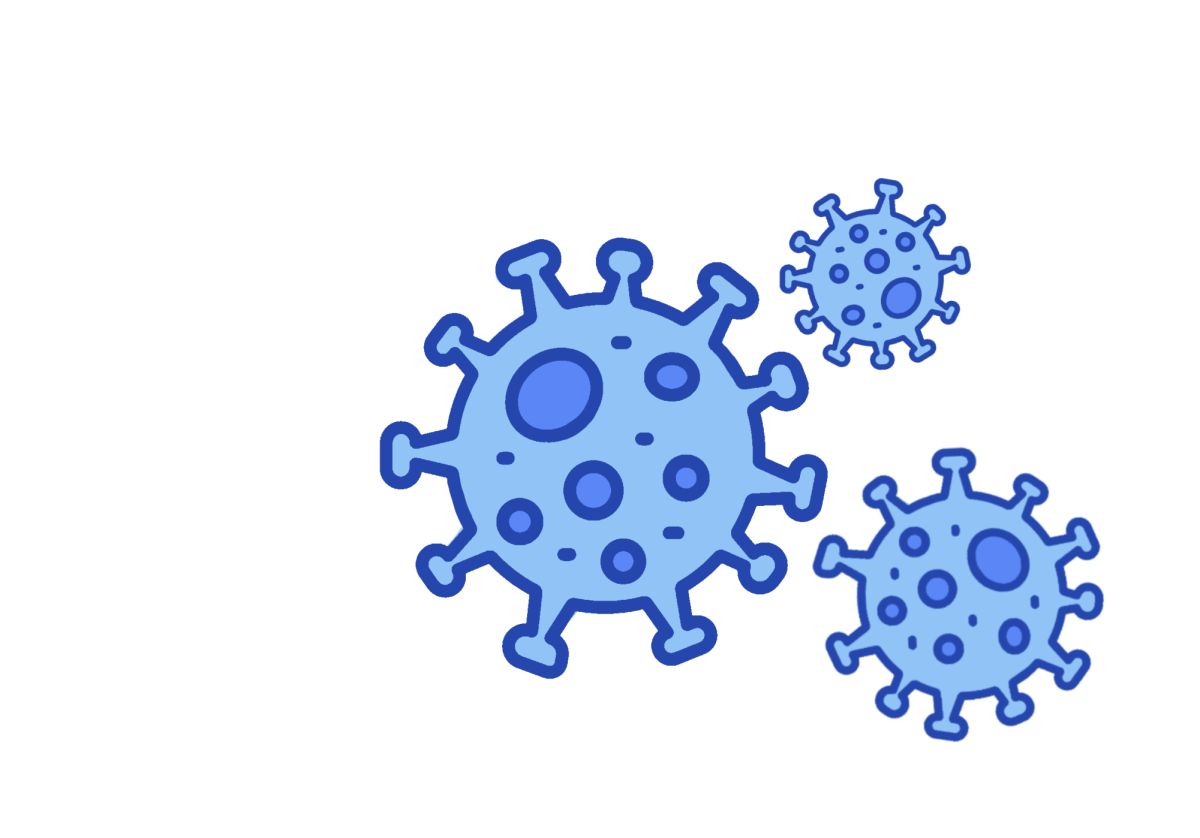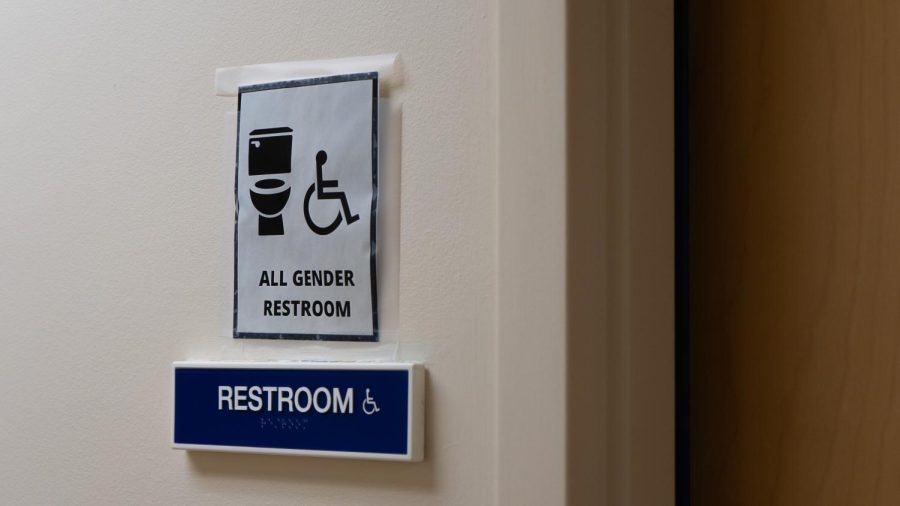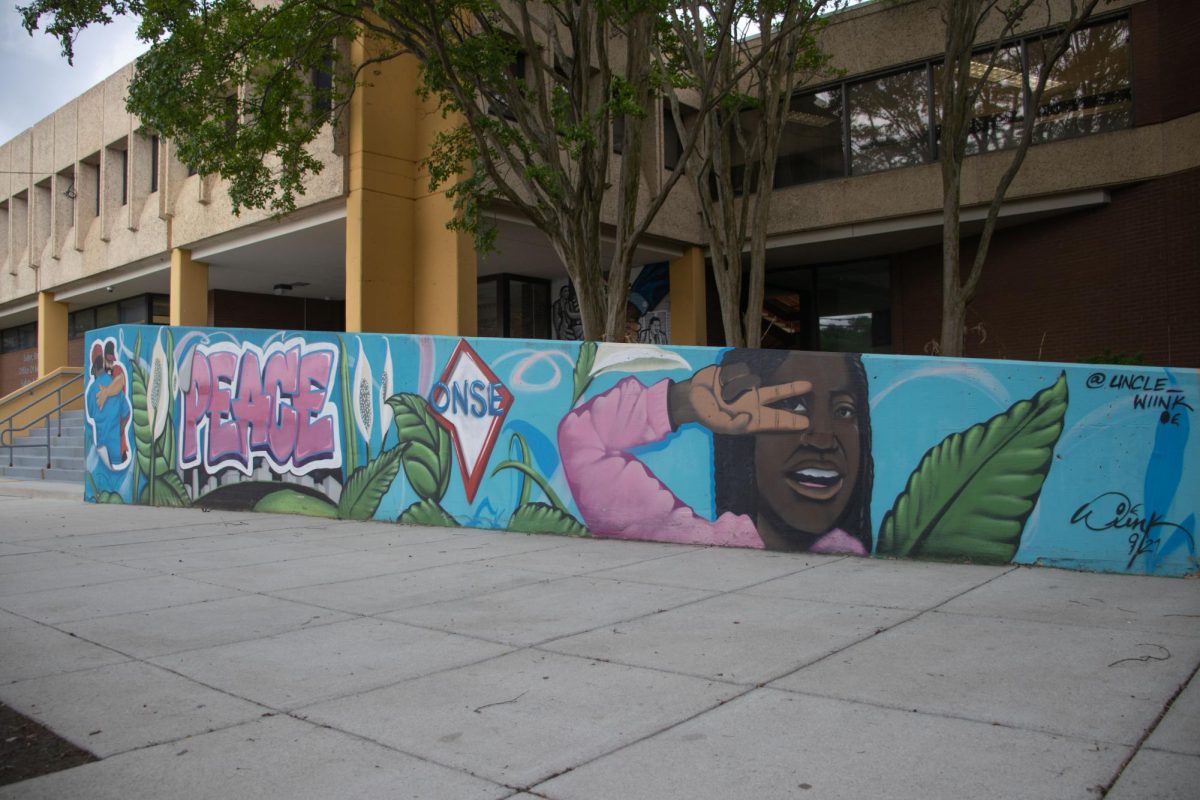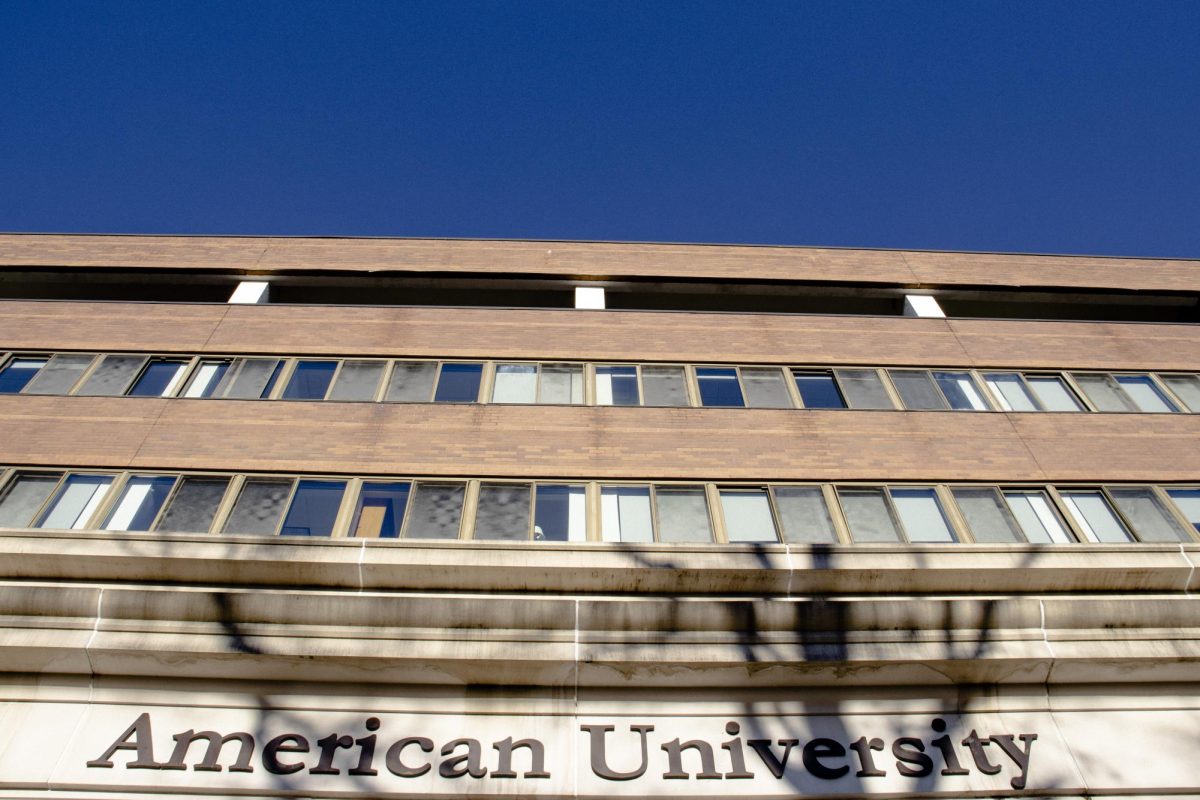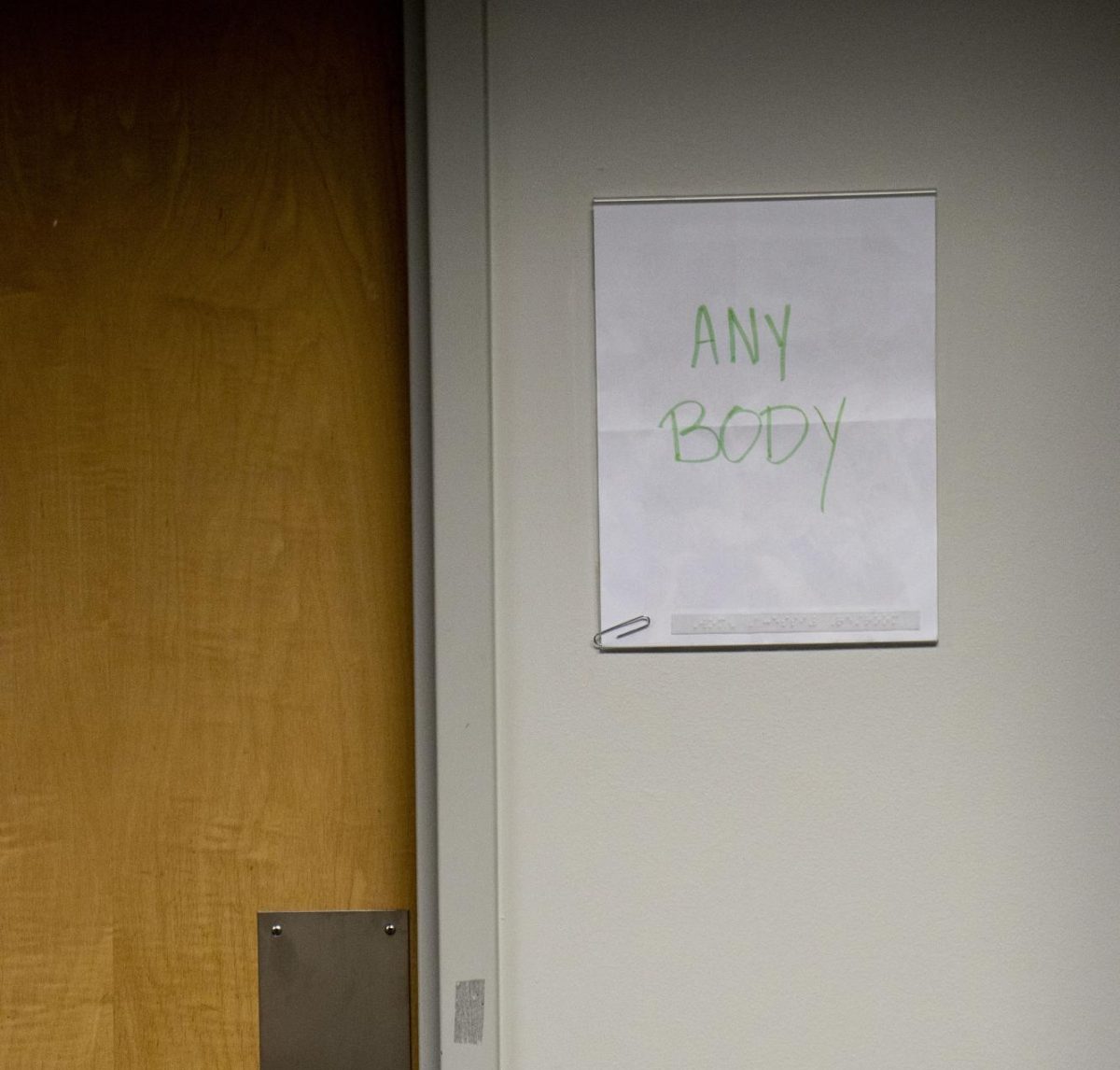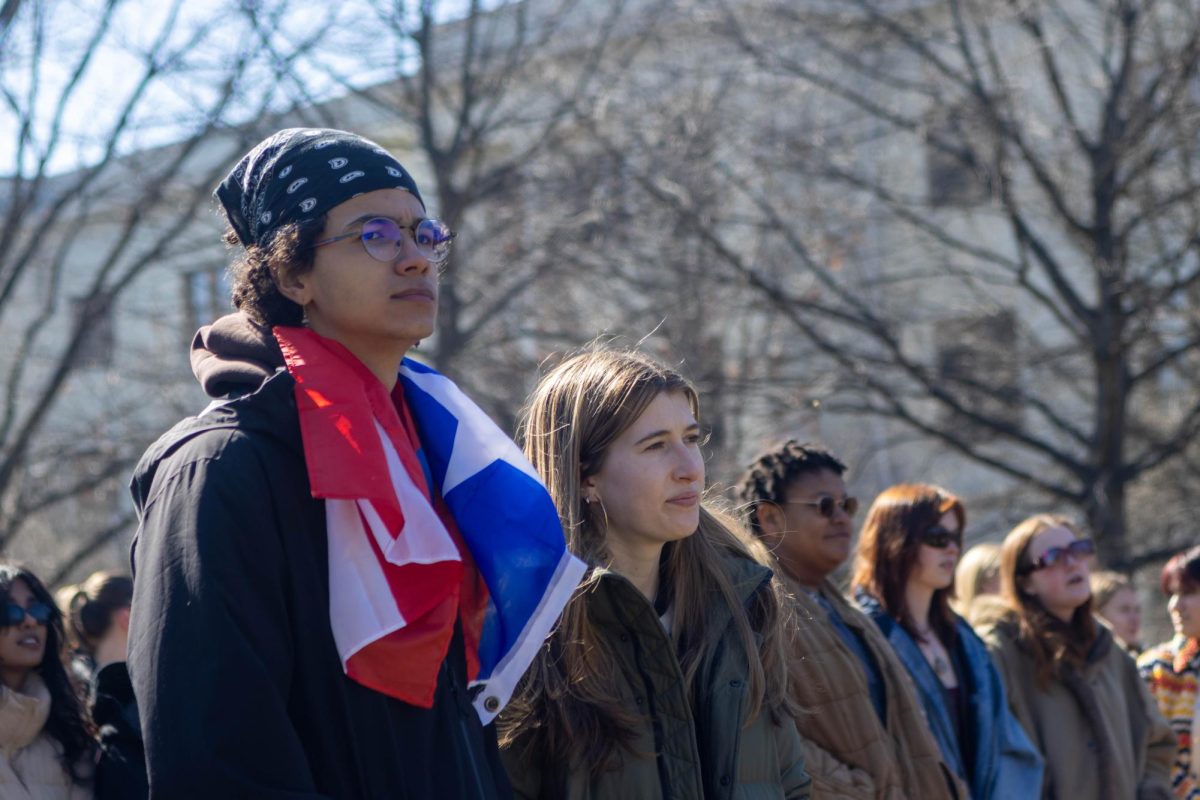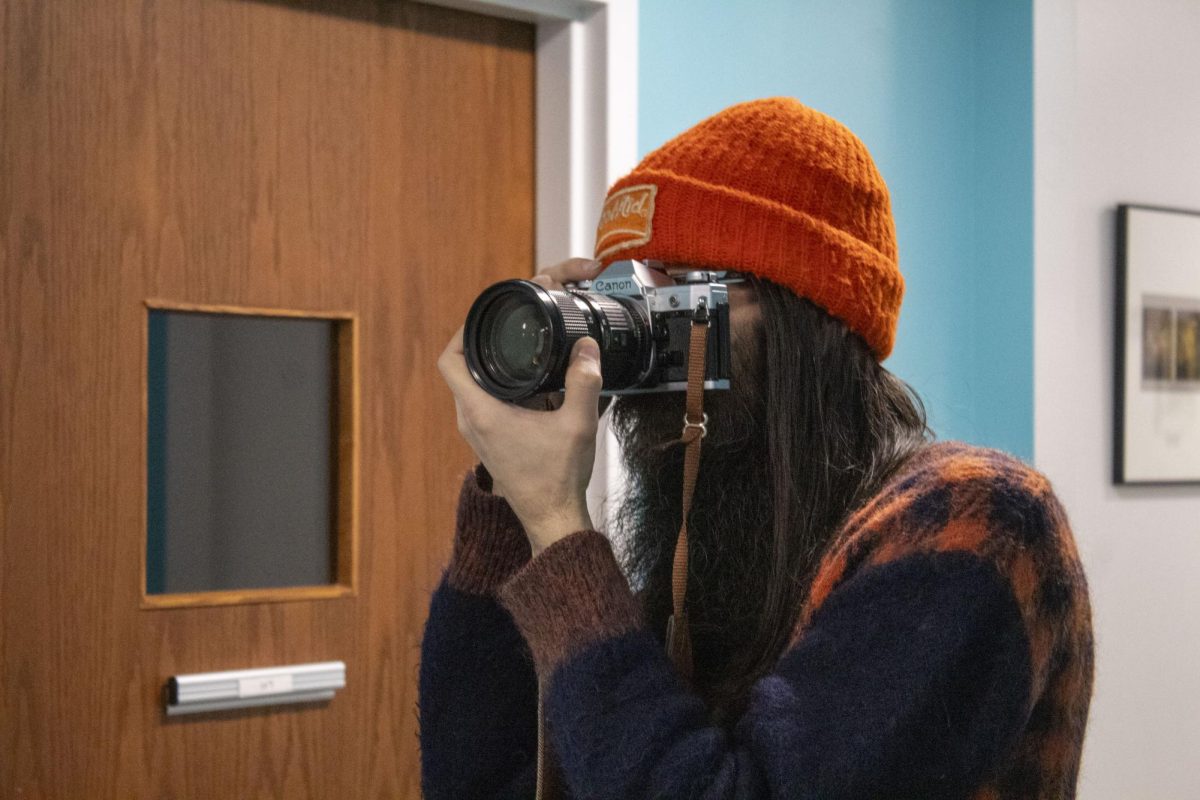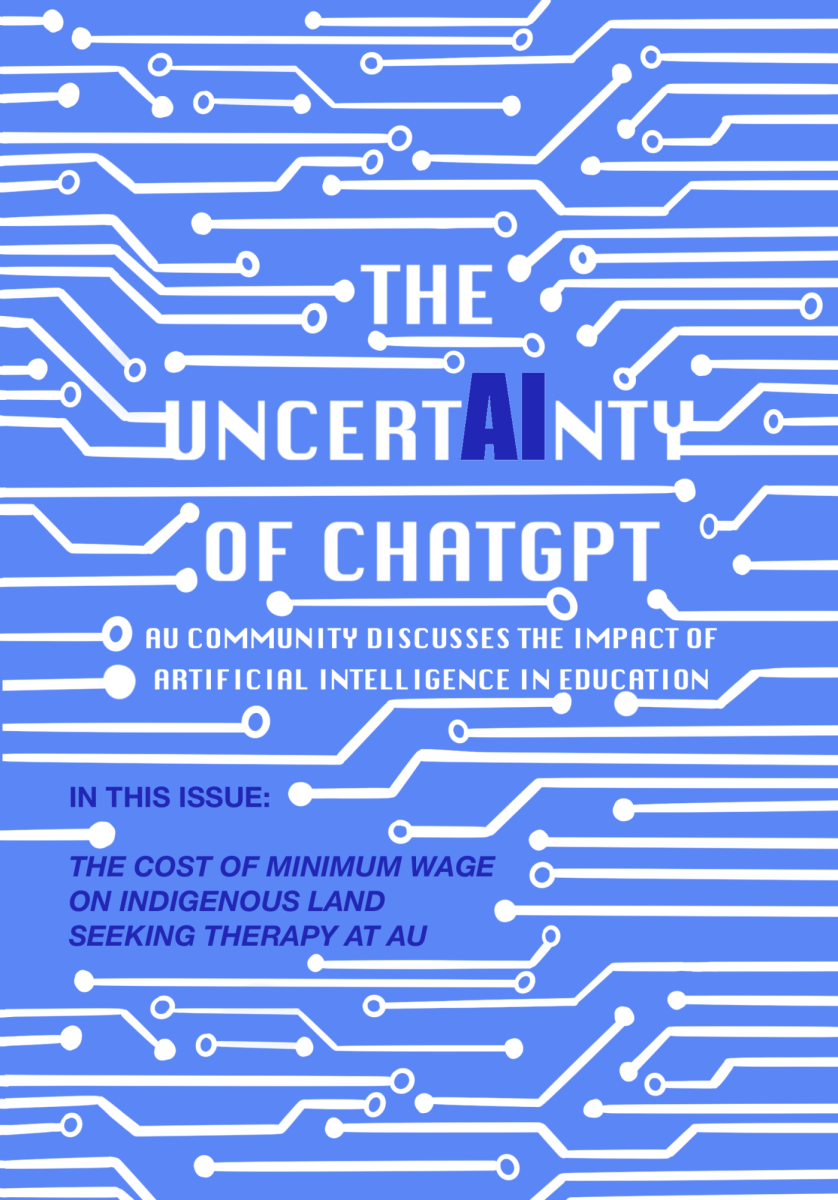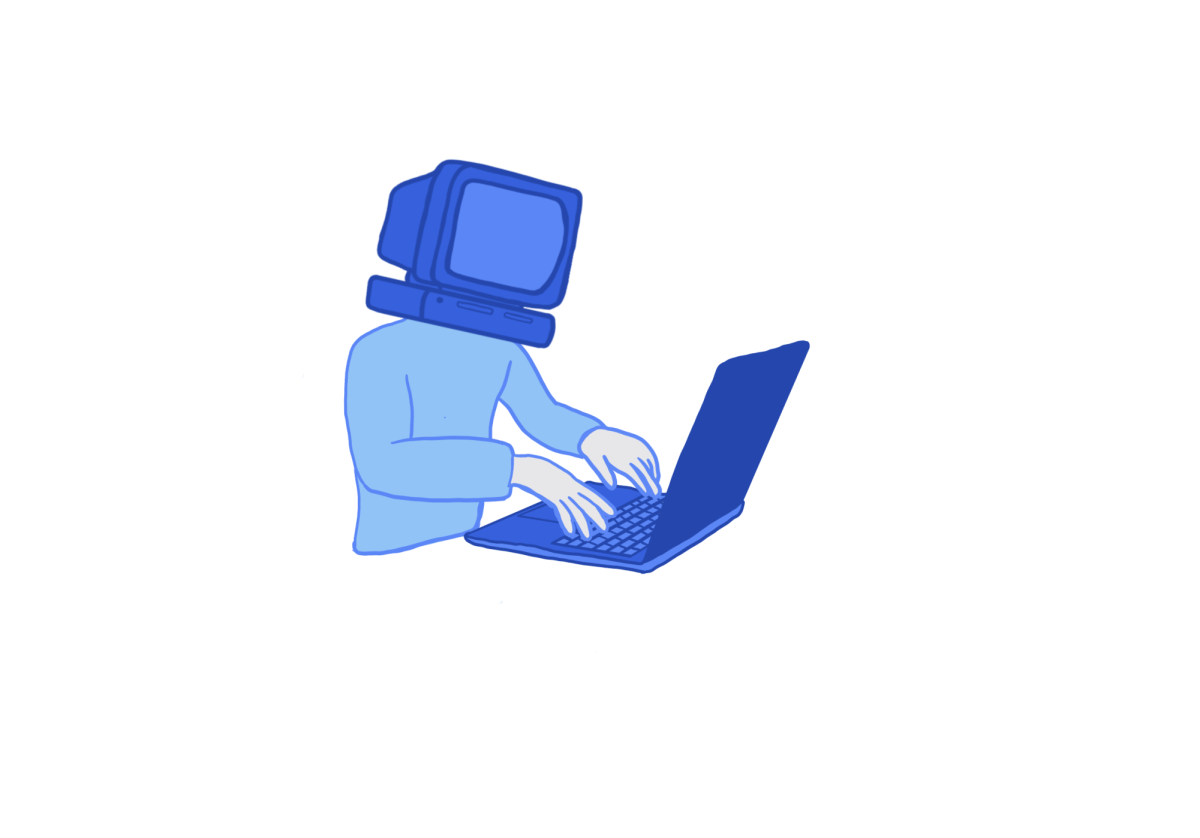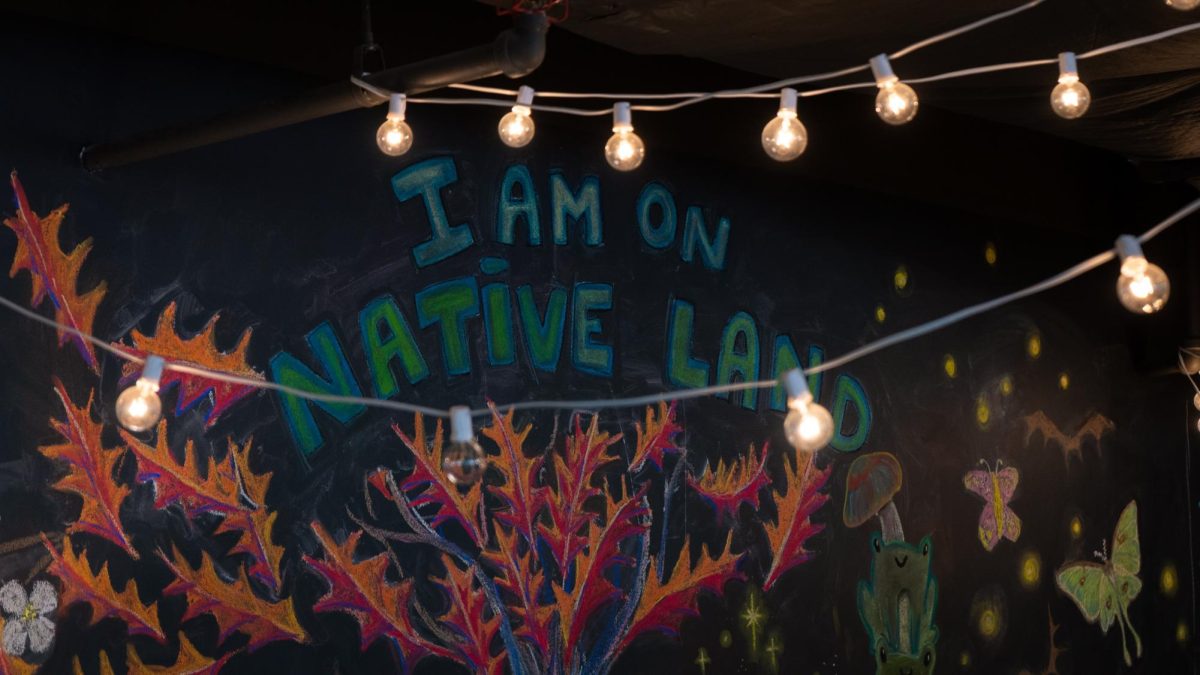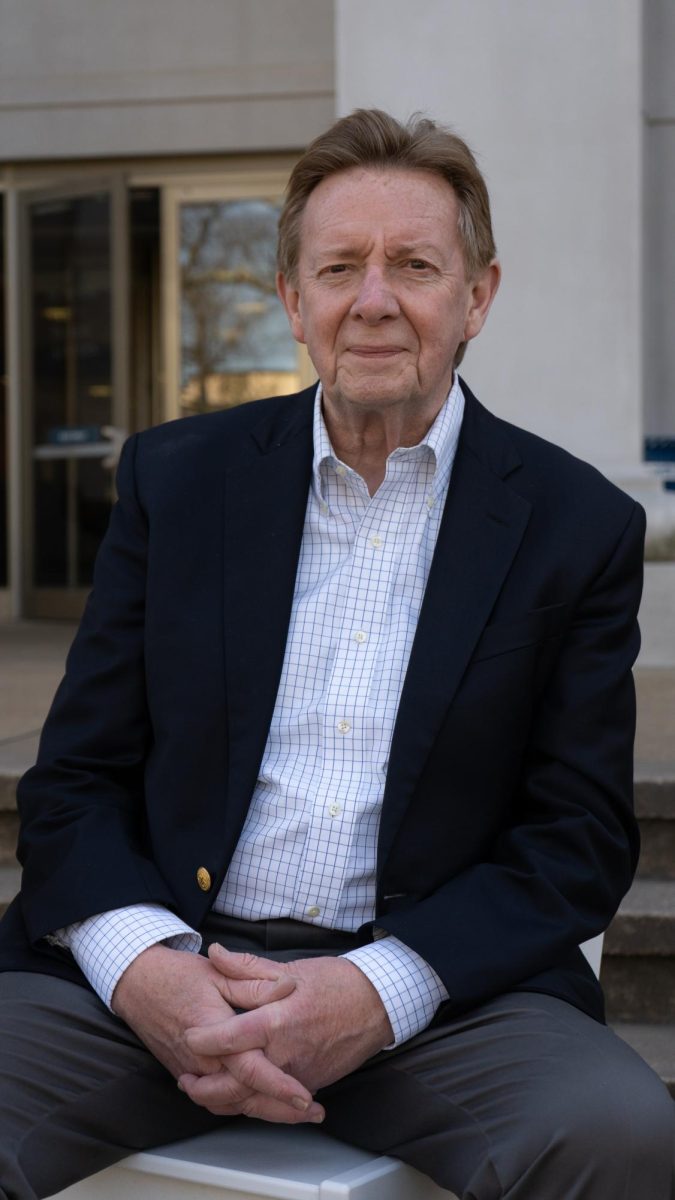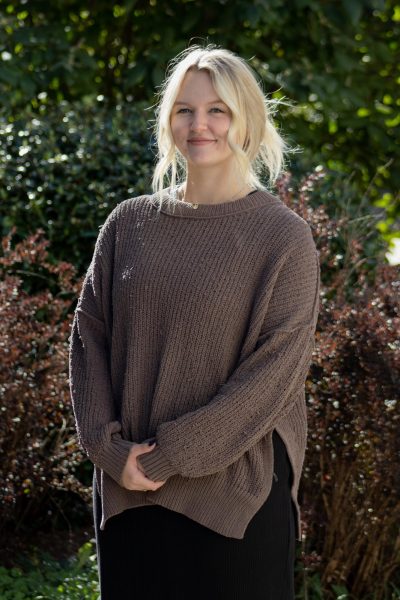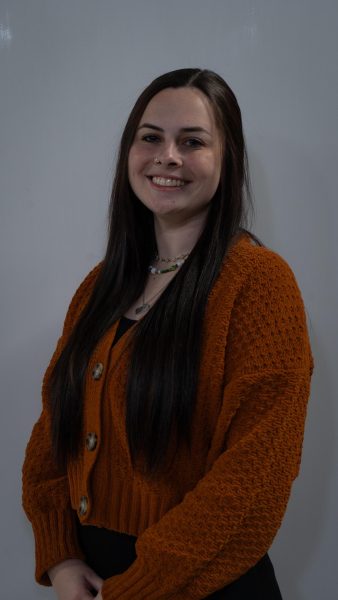American University students have sought out more campus therapy services than ever this academic year, Executive Director of the Counseling Center Jeffrey Volkmann said. AU provides free therapy services to all students enrolled in their programs, including undergraduate, graduate and law students.
According to a 2017 study by the American Psychological Association, 61% of college students nationwide seek counseling for various reasons, including anxiety and depression.
The APA said that according to a Healthy Minds Study, 60% of college students in the United States during the 2020- 2021 academic year had at least one mental health problem. The study analyzed data from 323 campuses in the country.
In the Fall 2022 semester, AU launched the Well-Being Center to combine two separate centers: the Counseling Center and the Health Promotion and Advocacy Center. According to the university website, AU established the center to accommodate students’ needs more effectively.
Sophomore Cheryl Tull used traditional therapy services at AU in the spring semester of her first year. She said she had a positive experience.
“I really enjoyed it, the person I had, we were really able to connect,” Tull said. “And she helped me through a lot of different things. Even more than what I initially came there for. She really put an emphasis on, I could talk to her about anything. And that felt really welcoming.”
As of the Spring 2023 semester, the center has 11 full-time therapists, Volkmann said. There are also four doctoral interns and two postdoctoral fellows.
Tull said she feels like the center doesn’t have enough employees.
“I just wish there was like, more people that could work with the students,” Tull said. “It always felt like, and from what she told me, it always felt like they were working with one hand tied behind their backs.”
According to Assistant Vice President for Community and Internal Communication Elizabeth Deal, AU is exceeding the standard regarding personal growth through counseling services.
Volkmann said anxiety is the number one mental health issue AU students struggle with. According to a Center for Clinical Mental Health, CCMH, report from 2017, anxiety is the top reason college students seek mental help.
“But students who complete treatment at AU improve much more than the average college student,” Volkmann said.
Volkmann said he has been able to track this pattern by using data on the average college student collected by the CCMH. The CCMH, which AU is involved with, is an organization that monitors students’ mental health across the United States.
“I think I just want to get that out there as well, the students that put in the work in therapy do really well at AU and I think that’s part of who the AU student is,” Volkmann said.
AU students also show significant improvement in areas like eating disorders and depression, Volkmann said.
“There’s no category that we track where, on average, AU students don’t improve from a clinical index perspective,” Volkmann said.
Volkmann said AU provides counseling services to students in three major ways, along with emergency services. The university offers traditional therapy, group therapy and single-session appointments.
Sophomore Omika Malhotra said she was unsatisfied with AU’s traditional therapy but has continued using it in the Spring 2023 semester after first using it her freshman year.
“For now it’s fine because I don’t really have access to getting therapy outside of AU,” Malhotra said.
For traditional therapy, the center instructs students to call their office to set up an initial consultation.
Malhotra said when booking her consultation, they asked her why she was seeking therapy.
“Then they asked you your preferences for what type of therapist you want and then you’re told that someone will email you once they find someone who’s perfect for your preferences,” Malhotra said. “And the first time I did, it took like a week.”
Volkmann said that wait times for consultations this academic year have been three to five business days, sometimes more or less depending on the time of the year.
After the initial consultation, students are matched with a therapist based on their clinical needs, Volkmann said.
“We have certain therapists who specialize in trauma more than others, it’s not that we’re all not trained in trauma, it’s just that for some that’s a specialty area,” Volkmann said. “And we may see someone who has acute trauma and say, okay, they would be best to work with this person.”
Volkmann said students are seeking out clinicians with similar identities, which has become the primary way the center makes matches between students and clinicians.
“We are very lucky to have a diverse staff, so that we can make a lot of matches occur,” Volkmann said. “We have some wonderful clinicians that represent a lot of different ethnicities and diversities on staff.”
When utilizing traditional therapy at AU, students receive six to eight sessions with their clinician during a semester. However, Volkmann said that if a student is struggling after using all their sessions, they will still provide help.
Tull said the restricted number of sessions with her clinician weren’t enough.
“The only thing that felt frustrating is we had a limited number of sessions together per semester,” Tull said. “And so that meant I didn’t get to see her as often as I would have liked to.”
AU offers six to eight sessions because that is what is recommended by the CCMH, Volkmann said. He said a research study on college students concluded that this was the amount of treatment necessary to get the maximum benefit.
Another counseling service that AU provides is group therapy, which is unlimited to students during their time at the university. Volkmann said there are typically four sessions of group therapy a semester. The two subcategories of group therapy are general process groups and specialty groups. General process groups are very popular among students, Volkmann said.
“It’s a space where students come to learn about themselves and others and then learn how to build relationships,” Volkmann said.
Volkmann said specialty groups depend on what clinicians are hearing throughout the year. These groups are intended to meet student needs. Some specialty groups include student-of-color groups, LGBTQ+ groups, COVID-specific groups, skills-building with anxiety groups, grief groups and international student groups.
“We basically try to look through the data and see who’s utilizing our services,” Volkmann said. “Who do we feel like we can give more support to and how can we make a group fit from there?”
The third counseling service at AU is single sessions. Volkmann said these are for students who want to talk to a therapist once without attending an initial consultation, Volkmann said. Students have access to these two times a semester, separate from traditional therapy.
To ensure that students have access to counseling services outside of normal working hours and abroad, AU contracts with the My SSP app. According to the My SSP website, the app “supports the emotional health and well-being of students by providing real-time 24/7 access to professional counselors as well as scheduled short-term support.” Volkmann said AU has made this available because they know not all students may have time to come in for services during the day.
If a student is seeking traditional therapy services and has used their allotted sessions, their clinician refers them to outside resources that they feel would fit the student’s needs.
Volkmann said 40% of the time, students feel AU therapy services were enough for them; another 40% of the time, they decide to pursue services in the community. The rest are unsure of what they want to do.
“We have relationships with community providers, and we will look at the community providers, and we’ll say like, oh, let’s say so and so wants to work with a clinician of color,” Volkmann said. “Well, here are the clinicians of color that we know are good and we will help connect you with them.”
The center works with insurance companies to help pair students seeking therapy outside of AU with providers. Volkmann said it’s connecting with the student insurance plan, Aetna, to try to increase the number of providers available to those students.
“We’ve worked with Aetna directly to try to increase the amount [number] of providers that are in network for Aetna so that students have an easier time accessing clinicians and it would be in a way that’s financially beneficial for them,” Volkmann said.
Tull said she appreciated that her clinician referred her to a therapist outside of AU.
“She gave me some referrals to some other therapists who might be able to take me on a more long term basis,” Tull said. “And I didn’t really end up working with any of them. But it was nice to see that like, she cared to take that extra step just to see how I would do afterwards.”
Malhotra chose to use AU therapy again this semester because it’s free. She said she liked her first therapist, but he left AU.
“So he gave me his information and was just like find me outside of AU if you ever want to continue therapy,” Malhotra. “I found him and he didn’t take my insurance. And it was like $300 for a session.”
Volkmann said that most therapists in D.C. don’t take insurance, making the average cost $200 to $250 an hour.
According to an article by Therapy Group of DC, the average cost per therapy session in 2021 was $230. However, this cost can vary depending on specific services and the degree or credentials of the therapist.
Volkmann said the center tries not to leave a student hanging after their sessions are up without helping them find someone in the community to use for services. He said the center helps students with the process as much as possible, and they will always have access to emergency services and group therapy.
“One thing I should also note in terms of seeing therapists here is we never abandon a person,” Volkmann said.


